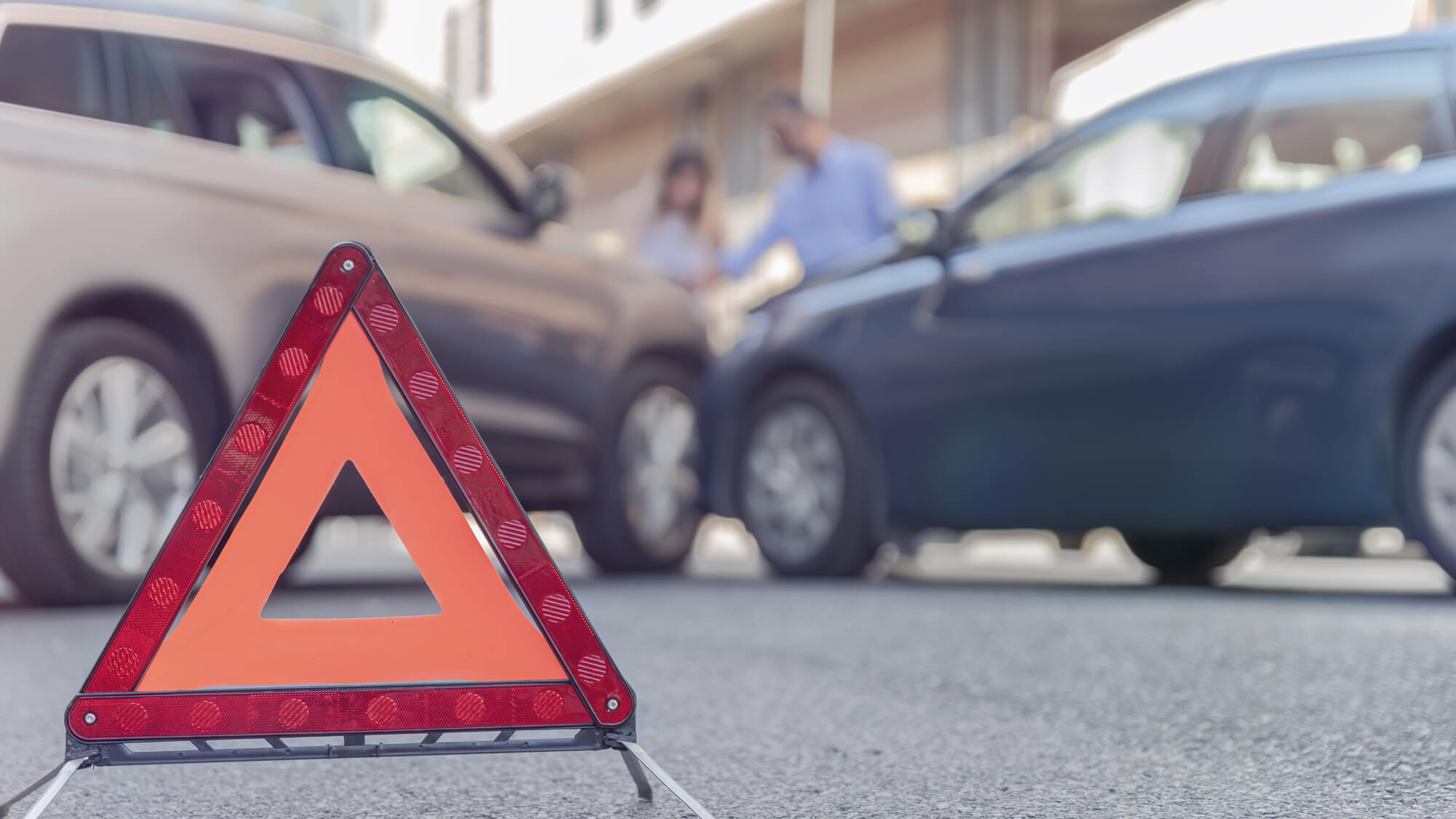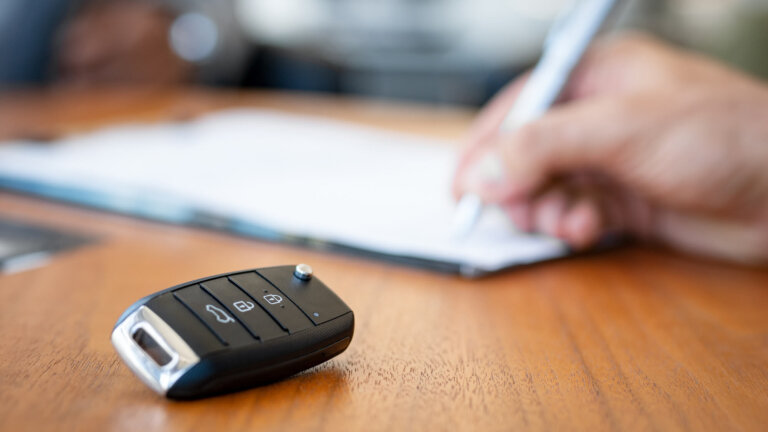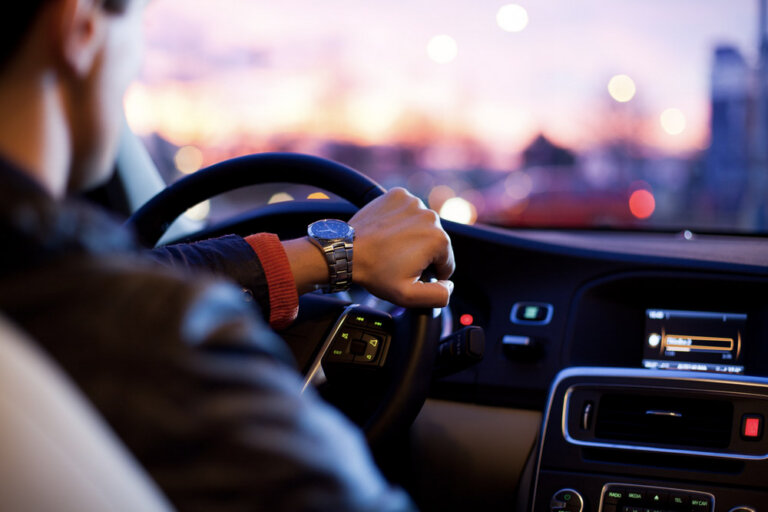Are you going on holiday by car soon? We hope you have a relaxing and trouble-free journey. Of course, some things may go wrong on holiday too, like a car accident. Wondering whether you’re properly covered abroad? Or what should you do if, unfortunately, you back out without having seen this pole or if you’ve had a fender-bender with a distracted tourist? Here’s what you need to check.

What insurance covers me if I have a car accident abroad?
Does your car insurance cover you when you’re on holiday abroad? Probably. To be sure, check the back of your insurance certificate (formerly known as the green card). Some countries are listed and others are crossed out.
This document is issued with all third-party liability motor insurance policies. It proves that your vehicle is insured. You must be able to present this insurance certificate at any time, and certainly in the event of a road accident.
Of course, every insurer offers a variety of insurance packages, and not all of them cover you in the same way. Check yours: what it covers when you travel in Luxembourg is also covered abroad.
How can I find out where my insurance certificate is valid?
It’s all on the back of your insurance certificate. If the countries you wish to travel through are not indicated, you will need to take out border insurance.
One last important tip: trailers and caravans. Check with your insurer whether you need to insure them separately from your vehicle. It’s usually their weight that determines whether they need separate insurance.
How do I report a car accident abroad?
Procedures are more or less the same throughout Europe. So if you have an accident in one of the countries in the European Economic Area, follow the same procedures as for an accident in Luxembourg:
- Complete the European accident report form, a document valid throughout Europe (check before you leave if you have any with you, otherwise ask your insurer). Provide all the details of the accident (location, position of vehicles, etc.).
- Send the completed and signed accident report to your insurer within 8 days, including the contact details of both parties and any witnesses.
- Do you disagree with the other party? Above all, don’t sign anything and take photos. You can call the police, but they will usually only attend if someone is hurt, or if the circumstances of the accident are serious or require investigation.
What’s the difference when you have an accident abroad? As the administrative procedures abroad often take longer, you will have to wait longer before you receive any compensation. As with any accident, this will depend on whether or not you are at fault and the type of insurance you have taken out. If you have property damage cover with Foyer, you will be compensated straight away.
What should I do if I have a serious accident?
Unfortunately, serious accidents also happen on holiday. Are there any casualties? In this case, you can benefit from three types of protection abroad:
- Assistance cover under your car insurance policy, which provides for the repatriation of the vehicle and its occupants.
- The European Health Insurance Card: this free card issued by the CNS entitles you to public healthcare in the 27 EU member states + Iceland, Liechtenstein, Norway, Switzerland and the United Kingdom. Please note that you will be covered under the same conditions and at the same level as people insured in this country (and therefore not in Luxembourg). Outside Europe, we recommend that you take out a complementary health insurance policy, which covers you in many other countries around the world.
- Travel insurance: travel insurance is not compulsory, but it provides additional cover to basic health insurance. It also covers other unforeseen events, such as the theft of your papers, the loss of your luggage, etc. If you are travelling outside the EU, travel insurance is highly recommended.
How do I choose my insurance when travelling abroad?
Foyer offers comprehensive car and motorbike insurance as well as customised travel insurance. Each of these is available in a range of packages.
How do you choose? As with any insurance policy, the extent of cover varies according to the package chosen. When it comes to travel insurance, the question of duration also comes into play: an “Occasional travel” package will suit you better than an annual contract if you only go away once a year, for example. Our agents are here to guide you towards the right package.



